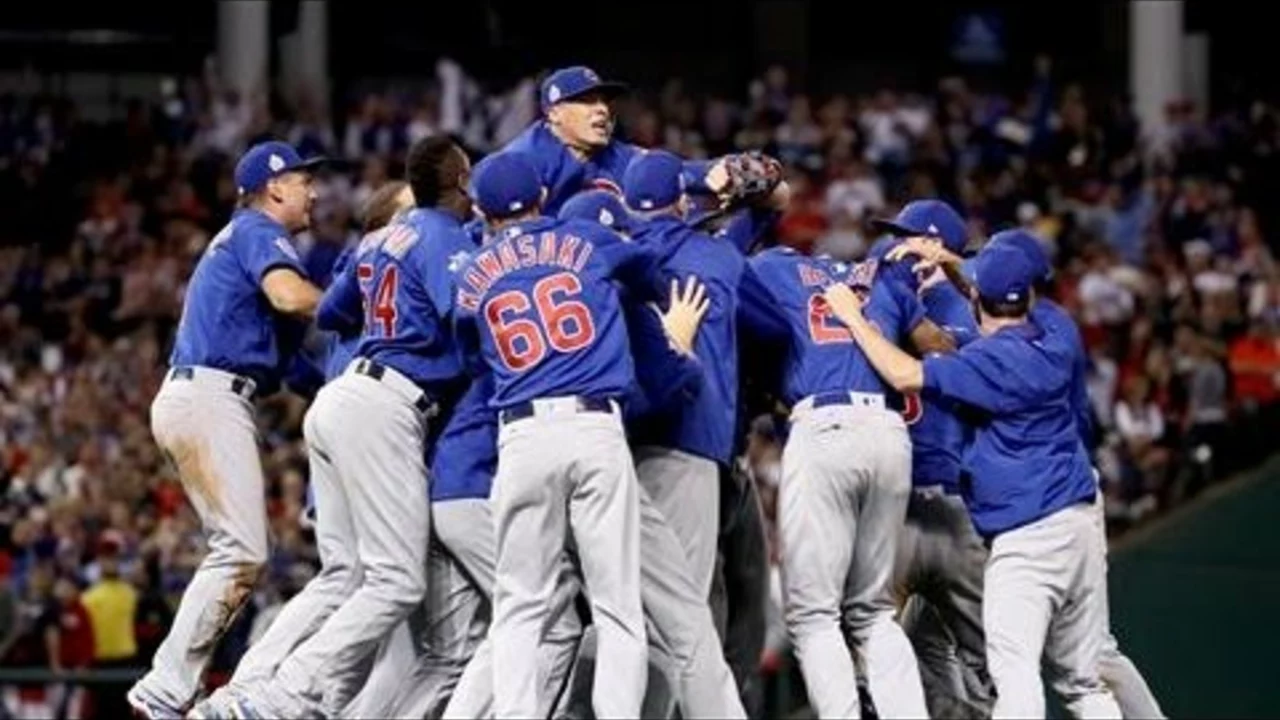Introduction to the Tradition of World Series Rings
There's a certain allure that surrounds the World Series rings. They are a symbol of success, determination, and hard work in the world of professional baseball. But have you ever wondered, do World Series losers also get a ring? This is a question that has often come up among fans and sports enthusiasts. In this article, we will delve into this topic and provide you with a comprehensive understanding of it.
A Brief History of the World Series Rings
The tradition of awarding World Series rings dates back to 1922, when the New York Giants bested the New York Yankees. Since then, it has become an annual tradition to award these coveted rings to the winners of the World Series. However, the question remains, what happens to the team that doesn't win? Do they receive any token to commemorate their journey to the finals?
Understanding the Loser's Share
While it's true that the World Series champions are awarded the most recognizable symbol of victory, the losing team doesn't walk away empty-handed. There exists something known as the 'loser's share', a monetary compensation awarded to the team that didn't win the World Series. This is a significant amount and can sometimes be more than what a player would earn during the regular season.
Do World Series Losers Get a Ring?
The simple answer to this question is yes. The team that doesn't win the World Series does indeed receive a ring. However, this ring is different from the one awarded to the champions. It's often referred to as the 'runner-up' ring or the 'pennant ring' and serves as a symbol of the team's achievements throughout the season.
Design of the Runner-Up Ring
The runner-up ring, much like the championship ring, is designed to commemorate the team's journey to the World Series. The design usually incorporates the team's logo, the year, and the words 'American League' or 'National League' champions, depending on which league the team is from. However, it's important to note that these rings are not as extravagant or as heavily adorned with diamonds as the winners' rings.
The Significance of the Runner-Up Ring
The runner-up ring may not be as glamorous as the championship ring, but it carries a significant amount of value for the players and the team. It serves as a reminder of the hard work, dedication, and team spirit that was exhibited throughout the season. It's a token of appreciation, a symbol of achievement, and a motivator for the players to strive harder next time.
The Decision to Award Runner-Up Rings
It's worth noting that the decision to award runner-up rings is not mandated by Major League Baseball (MLB). Instead, it's up to each individual team whether they want to commemorate their World Series appearance with a ring. Some teams choose to do so, while others may opt for different forms of recognition.
Public Reception of the Runner-Up Rings
The general public's perception of the runner-up rings varies. Some view them as a meaningful memento of a team's successful season, while others see them as a reminder of a missed opportunity. However, most agree that they are a testament to the team's hard work and perseverance throughout the baseball season.
A Look at Some Notable Runner-Up Rings
Over the years, there have been several noteworthy runner-up rings that have caught the public's attention. These include the 2016 Cleveland Indians' ring which featured the team's "C" logo surrounded by red gems, and the 2005 Houston Astros' ring which had a large, lone star representing the team's first-ever World Series appearance.
Conclusion: The Value of the Runner-Up Ring
In conclusion, while the spotlight often shines brightest on the winners and their glittering championship rings, it's worth acknowledging the significance of the runner-up rings. They are a symbol of a team's journey, their struggles, and their victories. They are a testament to the team's resilience and a motivator for future success. So yes, World Series losers do get a ring, and it's a token of achievement that carries a value beyond its physical worth.
